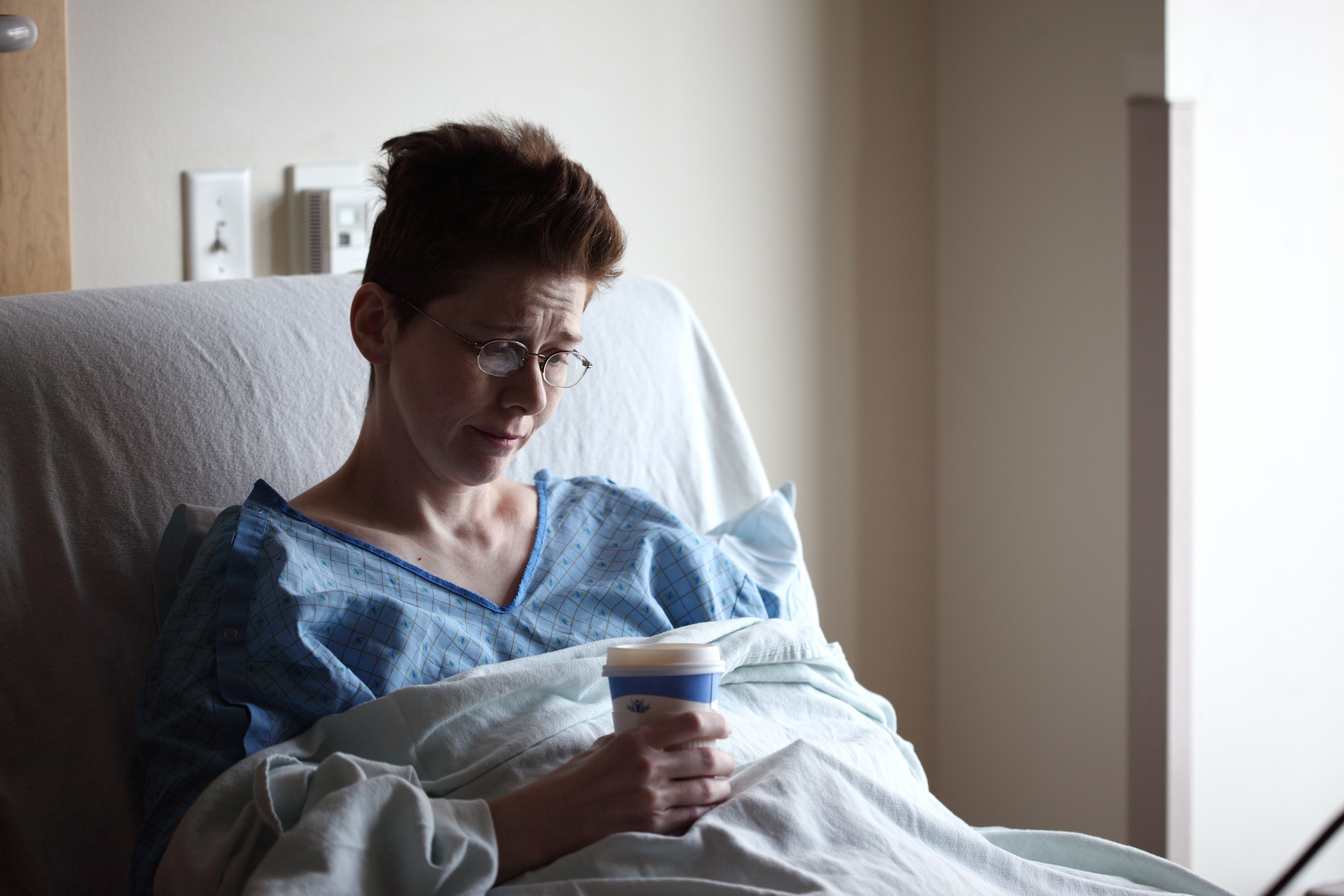Hepatitis B Coinfection with COVID-19 Did Not Increase Severity
Hepatitis B coinfection with COVID-19 did not increase either disease’s severity or increase duration of hospitalization, according to a small study in China.

Hepatitis B virus infection did not increase the disease severity or hospital duration for patients coinfected with the novel coronavirus (COVID-19), according to a paper published in Virology.
Investigators from Chongqing, China monitored 67 COVID-19 patients in order to determine what interactions, if any, took place between the infection with coronavirus and hepatitis B.
Previous reporting about COVID-19 indicated that liver injury was common among patients, but the interactions between hepatitis B and the virus are unknown, the study authors said.
Additionally, the study authors said these previous studies did not depict all levels of hepatitis B-related markers during the infection and clearance of COVID-19 infection.
The patients were classified as hepatitis B positive or negative based on an antigen test, and the study authors also noted that COVID-19 status was determined by a PCR test.
The investigators collected clinical and laboratory data on Days 1, 4, 7, 14, 18, 21, 28, and if they were able, after admission and at discharge.
There were 7 patients with hepatitis B and COVID-19 coinfection in the cohort, the study authors said, and those patients had more than 20 years of normal liver function tests.
However, 1 patient developed hepatitis B-related decompensation liver cirrhosis 3 years ago, they noted.
The study authors said there were no significant differences in any laboratory or clinical markers for hepatitis B between the cohorts among measures taken at admission and discharge.
Interestingly, the study authors found that antiviral drug usage, such as LPV/RTV, arbidol, and interferon-alpha 1b, that was prescribed by clinicians to inhibit COVID-19 in the initial stage seemed to have no affect on the replication of hepatitis B.
Similarly, the study authors said that pre-existing hepatitis B in the patient seemed to have no effect on COVID-19 progression, anti-nucleocapsid protein (NP) antibody development, the intensity of anti-NP response, or the liver injury after acute COVID-19 infection.
All 67 patients were discharged from the hospital after their recovery.
Even though just 7 patients in their cohort were hepatitis B-positive with coinfection of COVID-19, the researchers said that they were able to provide details about the dynamics of these hepatitis B-related markers.
“SARS-CoV-2 infection had a limited influence on HBV-DNA replication or the natural history of hepatitis B infection,” the study authors said. “ARS-CoV-2 infection would not be the source of HBV reactivation in these individuals. On the other hand, the existence of HBV did not influence SARS-CoV-2, either.”
The investigators said that hepatitis B coinfection with coronavirus did not extend the period of viral shedding, nor did it extend the incubation period of COVID-19 infection.
The coinfection did not increase either disease’s severity and it also did not increase the duration of hospitalization, they said.
“At discharge, no significant differences could be detected between the two groups in disease recovery, either. Besides, it has been reported that HBV antiviral therapy had a limited effect on COVID-19 incidence and outcomes,” they wrote.
They concluded by underscoring the value in understanding viral control, immune modulation, and reasonable medication in the therapy of patients with hepatitis B and COVID-19 coinfection.